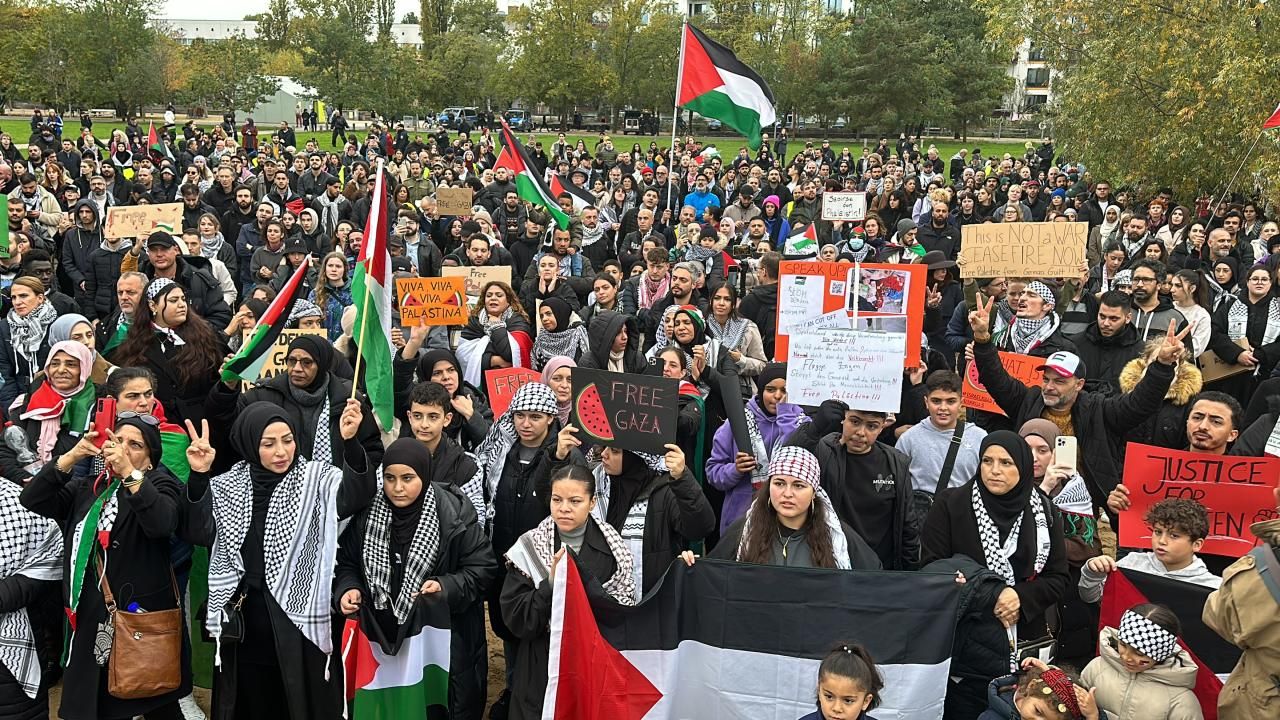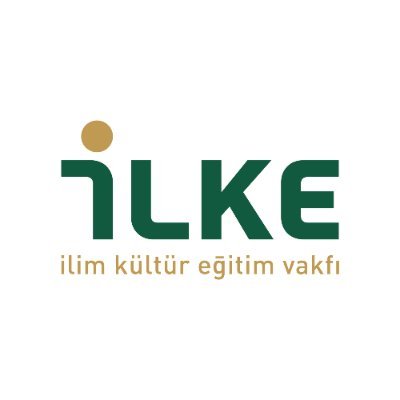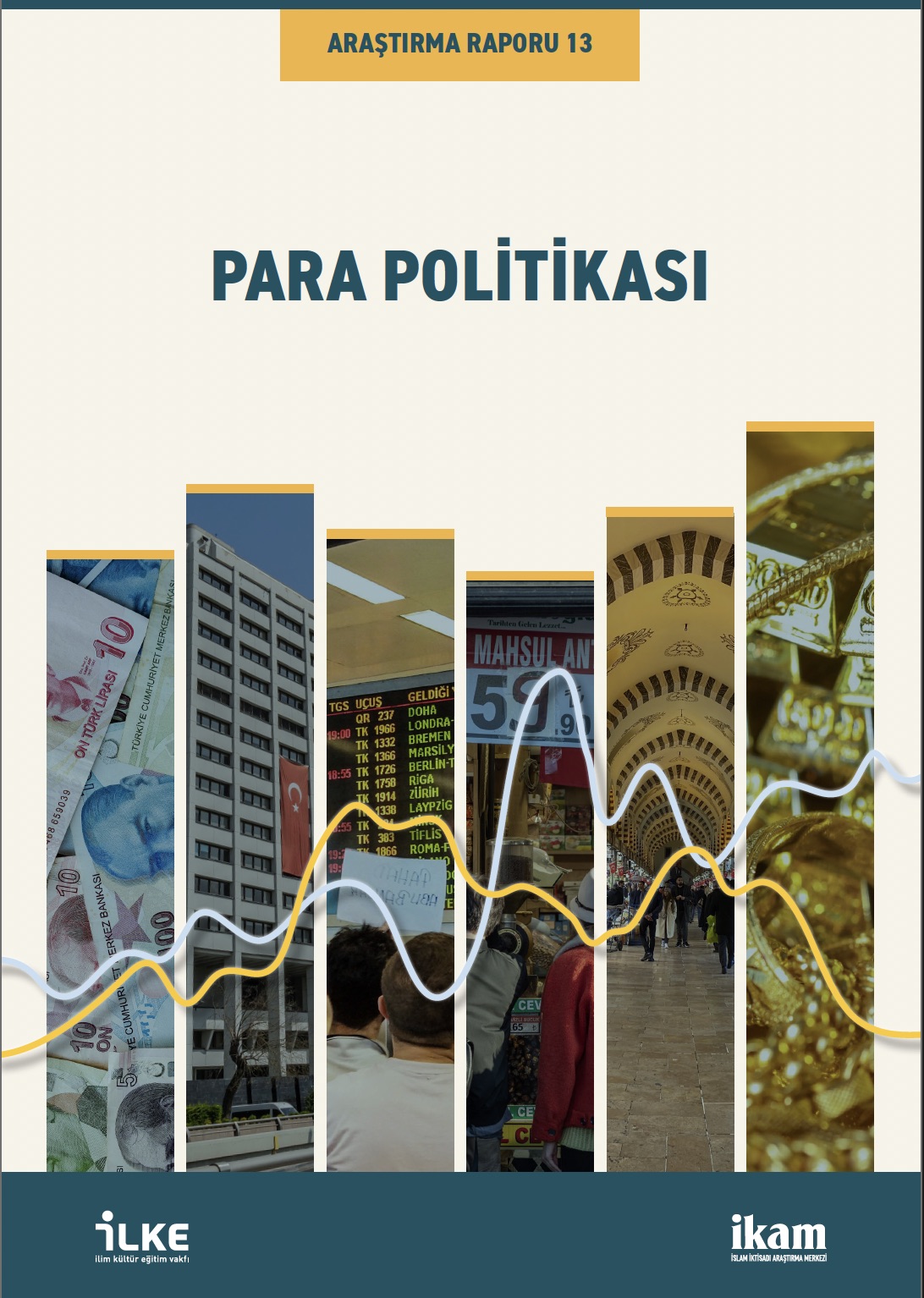Research Reports
Key Topics Covered in the Report:
The rising boycott movements against Israel's ongoing occupation policies in Palestine have emerged as a strategic tool influencing the global economy, rather than merely an individual consumer choice. The report titled "Boycott from Financial, Social, and Fiqh Perspectives", prepared by the Islamic Economics Research Center (İKAM) under İLKE Foundation, examines the economic, social, and fiqh dimensions of boycotts in detail. The report explores the impact of boycott movements on financial markets and corporate balance sheets, their implications for global trade, and their evaluation from an Islamic legal perspective. Among the key sections are analyses of how boycott movements in Turkey affect large-scale companies and sectoral assessments. ✔️ Global boycott movements and their economic impacts✔️ The role of boycotts in Islamic history and their fiqh evaluation✔️ Public perception of boycotts in Turkey and participation dynamics✔️ Analyses on the impact of boycotts on company sales✔️ Boycott evaluation through financial data and stock performance This comprehensive study details how boycotts can be used as an economic force and outlines the necessary steps to transform them into a sustainable long-term strategy. The rising boycott movements against Israel's ongoing occupation policies in Palestine have emerged as a strategic tool influencing the global economy, rather than merely an individual consumer choice. The report titled "Boycott from Financial, Social, and Fiqh Perspectives", prepared by the Islamic Economics Research Center (İKAM) under İLKE Foundation, examines the economic, social, and fiqh dimensions of boycotts in detail. The report explores the impact of boycott movements on financial markets and corporate balance sheets, their implications for global trade, and their evaluation from an Islamic legal perspective. Among the key sections are analyses of how boycott movements in Turkey affect large-scale companies and sectoral assessments. Key Topics Covered in the Report: ✔️ Global boycott movements and their economic impacts ✔️ The role of boycotts in Islamic history and their fiqh evaluation ✔️ Public perception of boycotts in Turkey and participation dynamics ✔️ Analyses on the impact of boycotts on company sales ✔️ Boycott evaluation through financial data and stock performance This comprehensive study details how boycotts can be used as an economic force and outlines the necessary steps to transform them into a sustainable long-term strategy.









